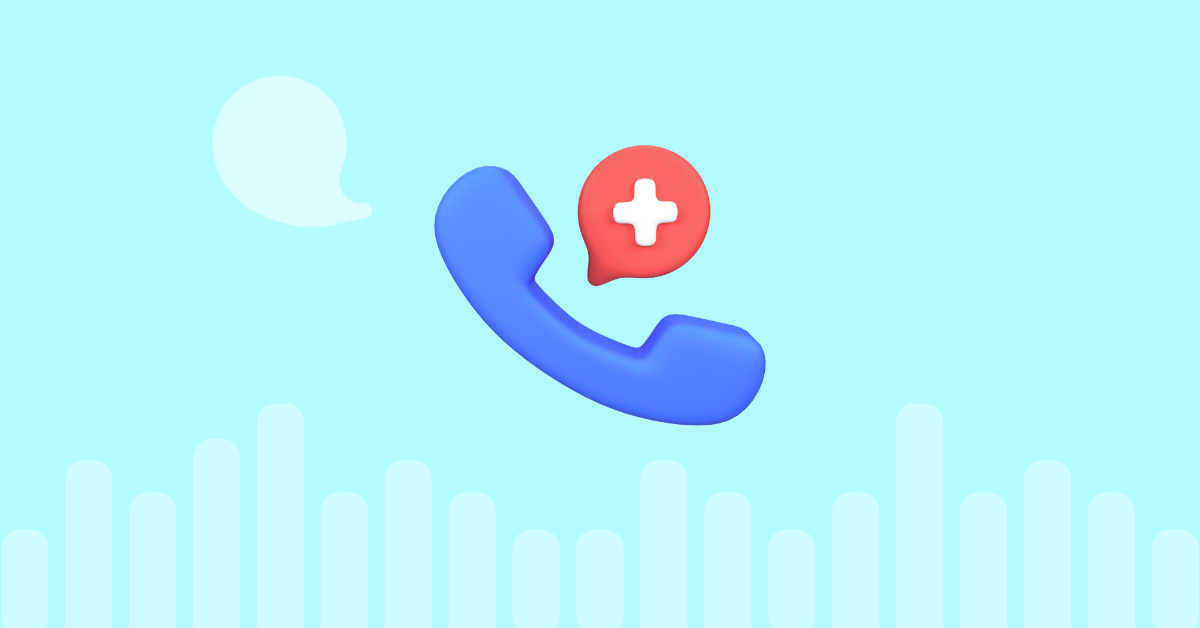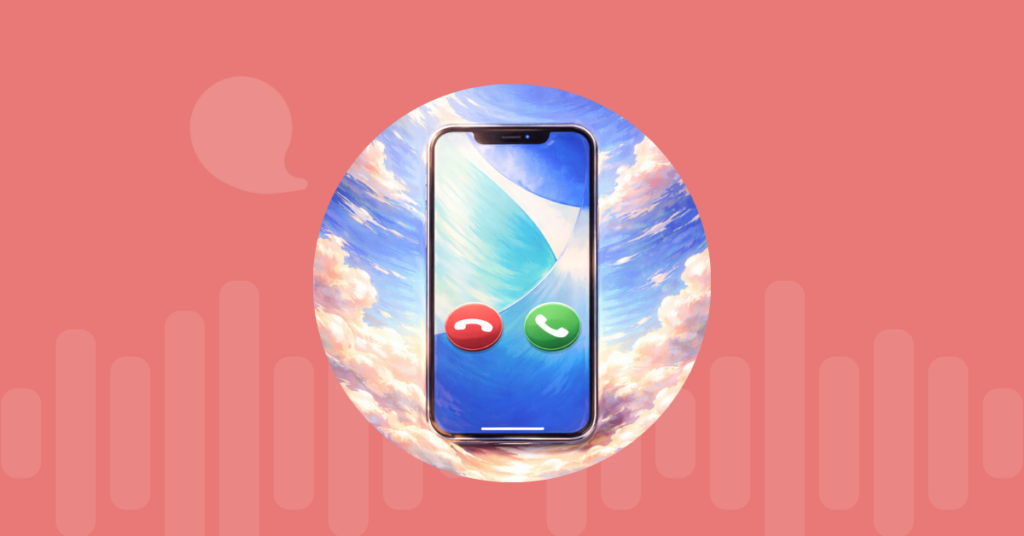
Table of contents
What is your first response if an emergency happens at your workplace? By its very definition, an emergency can happen at any time. There could be a fire in the building, an intruder may gain access to your office or a massive snowstorm may stop employees from going home for the day. For most people, the first instinct would be to dial 911. Even small children are trained to call that number if they need to.
Access to emergency services is just as crucial for a business as it is for private citizens. It should be a part of every organization’s disaster management planning. After all, you want your employees to be able to contact emergency services should the occasion arise. Not having access to emergency services will be a huge liability for your business should anything happen to your employees during work hours. Imagine what would happen if an employee had a heart attack or fell down the stairs and was unable to contact 911 in time? Such a situation would have disastrous effects on your organization.
Emergency Calling with Analog Phone Systems
Analog phone systems – or landlines as we call them – are set up to handle emergency calls from any person. When you dial 911, the call is automatically connected to the nearest Public Safety Answering Point (PSAP). The operator also receives pertinent information such as a callback number for the caller, their location or address information etc. This method of sharing data automatically is necessary for situations where the caller is unable to give them that information verbally. It enables emergency services – police officers, firefighters, and paramedics – to reach the correct location in time.
Emergency Calling with VoIP Systems
The 911 service has been functioning extremely well for several decades because of its close ties and reliance on landlines. However, landline phones are losing popularity in the market. With the increasing growth of VoIP services as an alternative to landlines, not many households or businesses have traditional phone systems that can connect to emergency calling services.
In fact, the earliest services did not have the option for people to call 911 from their VoIP phones. It’s not actually easy for VoIP systems to enable emergency calling. This is because the technology removes the connection between location and phone numbers. A person can make a VoIP call from anywhere as long as they have access to the Internet. Users can take their phones with them while traveling or when they go home from work. This makes it difficult for service providers to send their location to PSAP operators when someone calls 911.
Thanks to advancements made in VoIP technology and measures taken by the federal government, most VoIP service providers now offer E911 which is a version of emergency calling access available for Internet calls. According to the FCC, interconnected VoIP service providers have to offer E911 services to all their users. This is mandatory and users cannot opt out of the service. The law requires service providers to provide an easy way for users to update their location with the vendor. Given the mandatory requirements, it was inevitable that service providers would offer these services to all their clients.
Do You Need Emergency VoIP Calling?
Emergency calling is one of those things that you don’t realize how much you need until the disaster strikes. Access to 911 is a crucial part of any emergency management plan. As such, your employees should be able to contact emergency services at any time by the usual method of picking up the phone and dialing 911. Failure to provide such access can result in fines or penalties if an accident occurs at your business.
If you have already switched to a VoIP system, you need to find out if your vendor offers E911 services. They probably will. Get clear instructions on how users can add their location and update it when necessary. If there any limitations regarding the accessibility of 911 services, make sure you and your employees know about them. For instance, it won’t share location information if the user is making a call from a mobile device. Users should be aware of such issues in advance.
Another thing to keep in mind is that VoIP services need a power supply and a stable Internet connection to complete calls. That means if the power is knocked out or you lose Internet access during a storm, your employees will be unable to call 911. This is even if the vendor offers the service! You may want to have a backup power supply for your phones or have a couple of landlines just for emergency access. Planning is key when it comes to getting through an emergency – so make sure you prepare your business for anything with emergency VoIP calling.
More from the blog
Want to improve your business communication?
Unlock enterprise-class call center power at affordable prices – no hardware, no delays, no surprises!






